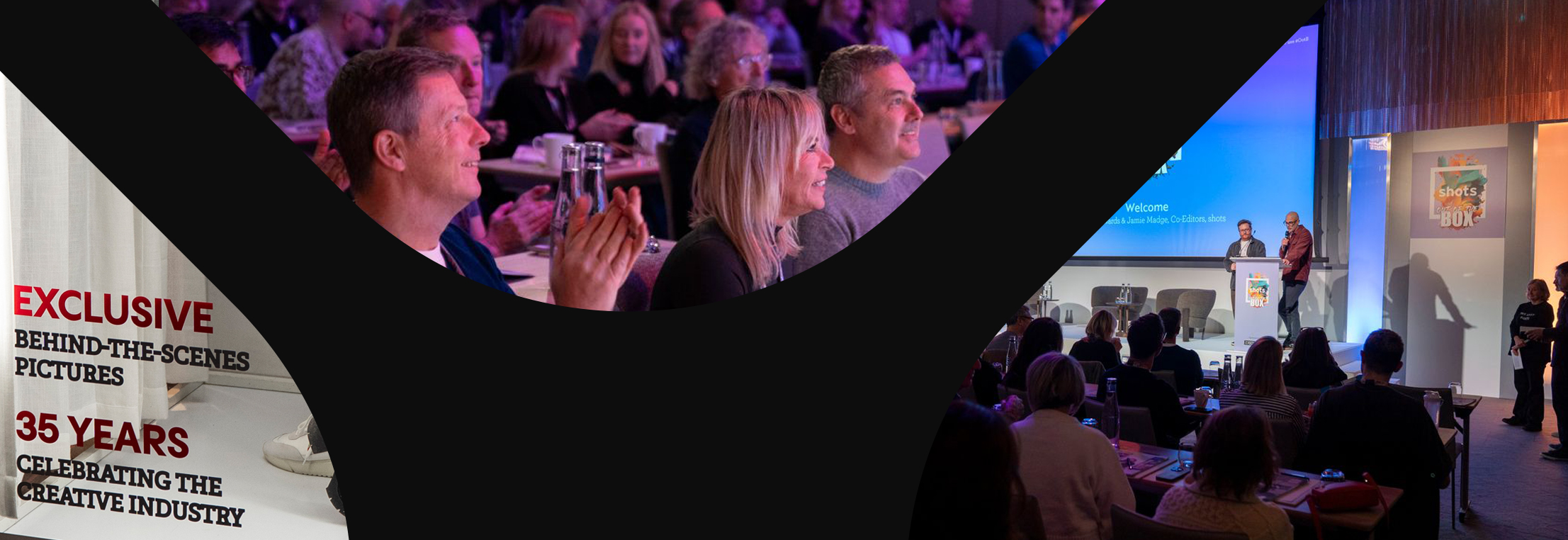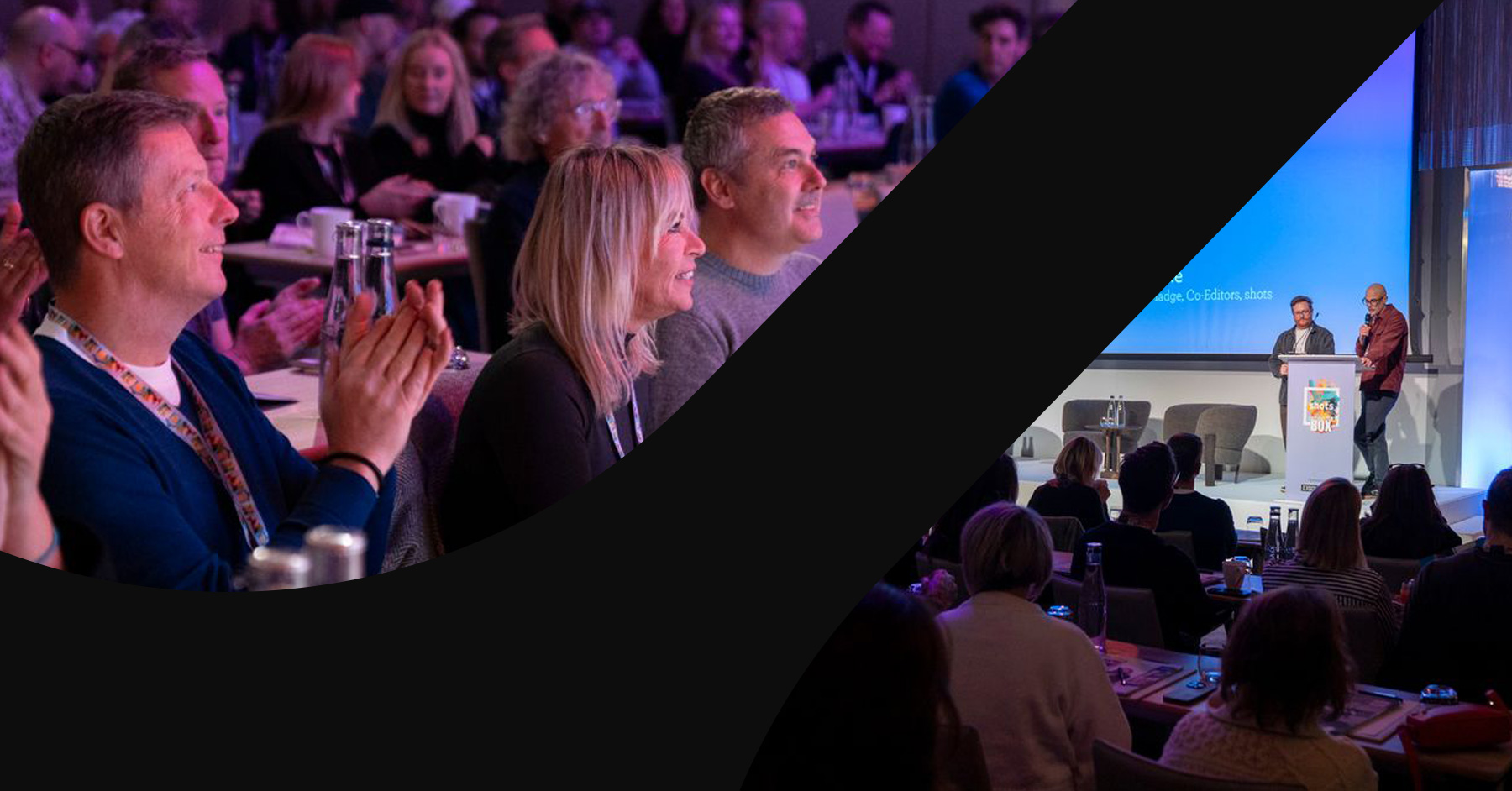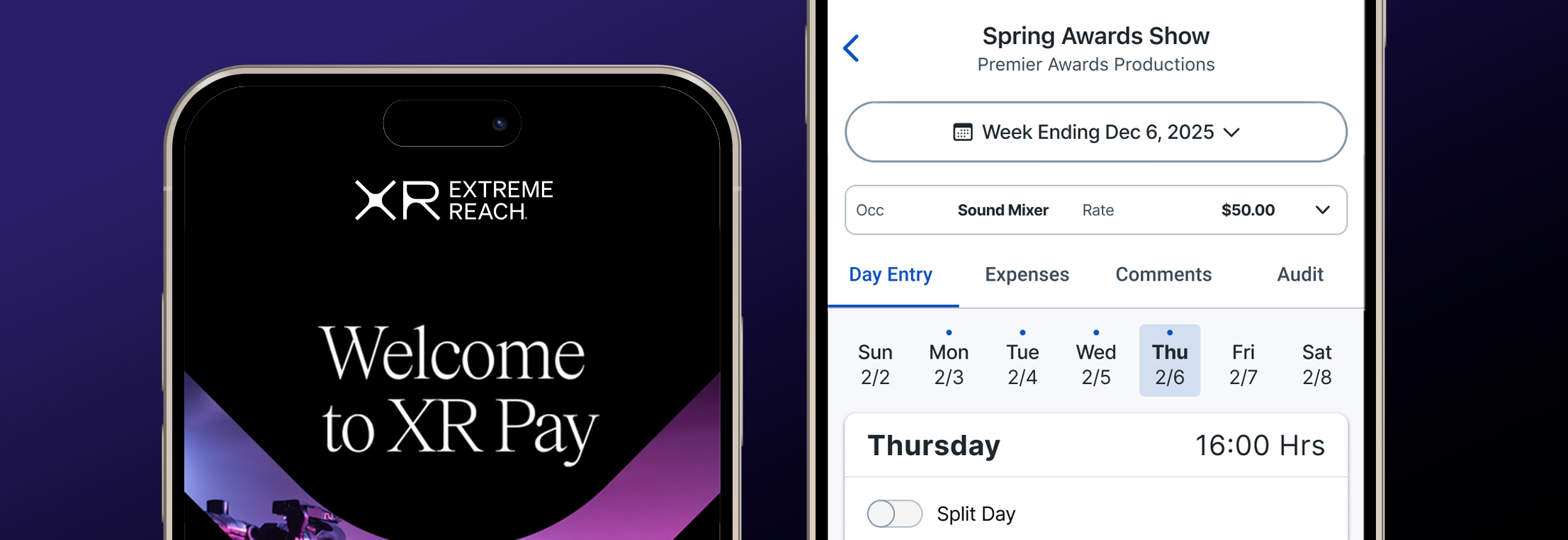Brands Embrace DEI Initiatives
American consumers have never been more diverse. According torecent Census Bureau numbers, the probability of randomly choosing two US residents who identify as belonging to different ethnic or racial groups rose to 61.1 percent in 2020, up from 54 percent in 2010. That’s significant, as more brands are now addressing larger swaths of minority consumers with campaigns focused on equity and inclusion. Here’s a look at some of those initiatives.Combatting RacismThe University of Georgia’s Selig Center for Economic Growth reports thatthe combined buying powerof African Americans, Asian Americans and Native Americans jumped to $3 trillion in 2020, comprising 17 percent of the country’s total spend. Hispanic Americans spent $1.9 trillion that same year, an increase from the $1.04 billion pumped into the economy by this demographic group a decade earlier. This uptick in purchasing power coincides with efforts from brands to center conversations around minority groups. In Canada, Budweiser recently ran a campaign called #TapeOutHate that took an unflinching look at racism in hockey by having NHL players of color speak candidly about their experiences. The 60-second ad quickly became one of the most popular in the brand’s history, earning 200 million social and traditional media impressions the weekend after it aired. Along with drawing attention to this ongoing problem, the Hockey Diversity Alliance hopes to bring more inclusivity to this white-dominated sport. “Campaigns like these, they’re going to be uncomfortable,”said Mike D’Agostini, senior marketing director for Budweiser Canada. “But we need to be comfortable with being uncomfortable because we believe by doing that, that’s how we grow, that’s how we change.”Unilever’s Dove brandrecently uncovered startling new findings via their “Dove 2021 Crown Research Study for Girls Report,” which showed that many Black girls encounter hair-based discrimination as early as age five. Roughly 86 percent of Black teenagers said they’d endured hateful hair comments by the time they were 12 years old, while 53 percent of Black mothers reported bigotry faced by their daughters based on tress appearance. In response, Dove released a heartbreaking ad that shows one woman’s journey through hair, starting with being sent home from school for not complying with the “strict hair policy” and culminating in a job interview at a company that “bans” the bantu knots she happens to have. Still, the overarching message was hopeful, as the spot ends with the girl’s voiceover saying, “My dad always told me I should fight for my hair. So I am.”Fighting for Gender EqualityMarch in the U.S. is Women’s History Month, butLego commemorated the United Nations’ International Day of the Girlin October by launching a new spot called “Let’s Get the World Ready for Girls.” According to research from the Lego Group, girls have confidence in their ability to engage multiple endeavors and pursuits—yet tragically they’re still held back by ingrained societal stereotypes regarding gender roles. The ad features several inspiring young women, including Fatima, the youngest inventor in the United Arab Emirates, and her younger sister Shaika who wants to be the first woman on the moon. Another girl named Chelsea founded an organization that donates art supplies to kids in need. “The benefits of creative play—such as building confidence, creativity and communication skills—are felt by all children, and yet we still experience age-old stereotypes that label activities as only being suitable for one specific gender,” said Julia Goldin, Lego Group CMO. “At the Lego Group, we know we have a role to play in putting this right, and this campaign is one of several initiatives we are putting in place to raise awareness of the issue and ensure we make Lego play as inclusive as possible.”TheUnited Kingdom’s Football Association (FA)is also fighting to let girls play via a campaign that likewise coincided with International Day of the Girl. In the UK, only 63 percent of schools offer physical education (PE) activities for girls. Determined to boost that number to 75 percent and get schoolgirls equal access to football opportunities by 2024, the FA launched its multipronged “Let Girls Play” campaign featuring a 60-second film plus social activations on Twitter, Instagram and Facebook. “Now is the time to drive a far-reaching ambition to open up the game in every way to girls, and the ‘Let Girls Play’ campaign allows parents and teachers to play a huge role in joining us in this commitment,” said Sue Campbell, FA’s director of women’s football.Making DEI CommitmentsAs part of a larger commitment to promoting acceptance,Mars Wrigleyjust announced an extensive overhaul to its iconic M&M’s candy brand that will affect everything from advertising to retail stores to the appearance of the beloved M&M’s candy mascots. Some changes may seem subtle, yet the company hopes their effects will be noticeably felt. Case in point: the ampersand in M&M will become more prominent, so that it’s seen as a connection point between two letters—with the larger implication being that all humans are united. The candies will be redrawn in a way that emphasizes their unique personalities and takes into consideration modern styles—for example, the green female M&M will now sport sneakers instead of high-heeled boots. In addition to championing inclusivity, the brand efforts may further serve to attract the attention of younger consumers who value progressive social initiatives. In fact,46 percent of Gen Z memberssaid they want to see brands address difficult issues like racism, according to a recent survey by research group Attest.Finally,Starbuckscommitted to increasing diversity among its suppliers last month, upping its annual spend to $1.5 billion by 2030 with companies that comprise its Supplier Diversity and Inclusion program. According to the coffee chain, this initiative supports over 6,400 jobs to suppliers of all categories and sizes. What’s more, Starbucks committed to dedicating 15 percent of its ad budget to minority-owned media groups within the following year.Such efforts are hardly singular—McDonald’s promised to start rolling out annual equity and inclusion training throughout the company, whiledistribution firm Syscoannounced five new partnerships aimed at boosting its own supplier diversity. Around the world, brands are coming to realize that they must be the voices driving societal change in the quest to forge a more just world. We’ll be watching to see what positive endeavors marketers tackle next.



.jpg)
